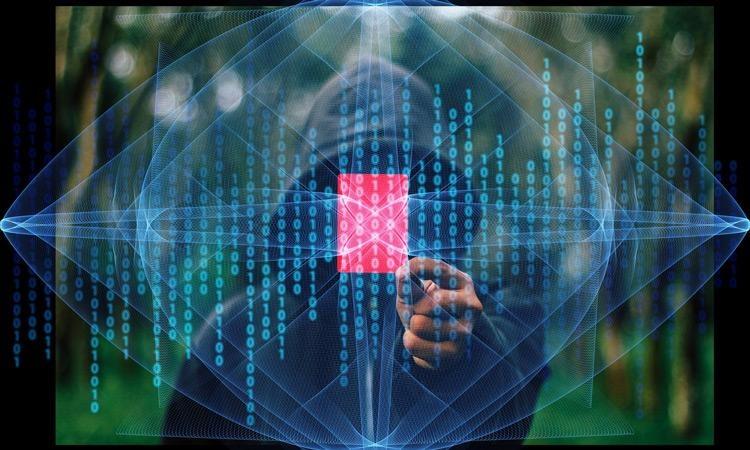Are you one of those Internet users who think that data leaks, hacker attacks, and cybersecurity are not about you? Do you still believe that your data can't benefit hackers in any way? Then, you're one of those who are likely to get their devices hacked first.
A cybersecurity issue is one of the hottest topics in 2018. The previous year was rich in data leaks and hacker breaks into big corporations and governmental organizations. And the average Internet users have already felt the influence of those hacking attacks on themselves as well. Modern hackers target not only big companies and businesses but also average Internet users as they learn how to use any kind of personal information for their benefit. For this reason, having a VPN has become an essential step in the data security chain. Let's have a look at what a VPN gives you.
Some people may think that a VPN is only needed for business but every American needs a VPN if they plan to travel or even simply connect to shared wifi hotspots at restaurants and bars. Unfortunately, hacking and identity theft is one of those things that you don't think will happen to you ... until it does.
In my case, I was on a cruise to Alaska and I get a message from PayPal that my passwords have been changed. After looking at the situation, I suspect that someone was using a "packet sniffer" to monitor the traffic on the ship's network and intercepted my account credentials. Since that time, a VPN went from simply a nice thing to have when I want to cover my tracks or connect to my network at home to something that is essential for anyone that uses the internet.
Five Reasons to Get a VPN Now
Getting a VPN isn't a choice to be made in the future. It's essential for virtually everyone ...
- Connect to your home or office network when you are away.
- "Trick" geolocation apps that limit coupons and other benefits when you are on-location i.e. in Las Vegas vs at home.
- Protect your banking info from hackers and snoopers who might be monitoring a shared network
- Ensure browsing habits and internet privacy from prying eyes at governments and even your own ISP
- Eliminate the ability for advertisers to track you by targeting your IP address when you visit a website
What is a VPN?
A VPN stands for a virtual private network. It is an encrypted tunnel that allows you to access the Internet without enabling someone else to monitor the data that is transferred. In other words, not a hacker, not an average user, and even not your home Internet service provider is allowed to see your traffic if you have a VPN.
When you go online directly through the network without having a VPN in the middle of the process, you risk all the data (literally everything that you have on the devices). Your passwords, nicknames, downloading and uploading files will be absolutely visible in this case. For a professional hacker, it doesn't cost a thing to break into someone else's computer in the public network. You might not know, but a hacker may share the same network with you in the airport, hotel lobby, or restaurant. And how often do you use those free WiFi zones on a daily basis? Probably, a lot.
The two services that I use on a regular basis are Private Internet Access because of their great technology and balance of price / performance and Hotspot Shield. The later is super fast and dead simple. Plus, there's a free - ad-supported - version if you are interested.
While there are paid as well as free option, a paid VPN is almost always superior in:
- performance quality
- number of servers
- security level
- customer service
- privacy
You can find a list of some of the top-rated VPNs here. While most are paid, there are a couple of good free options on the market as well.
Who Might Need a VPN?
If you work remotely, you need a VPN. If you travel a lot, you need a VPN (as it opens a lot of geographically restricted websites too). If you use public networks on a daily basis, you need a VPN. If you work in the office, but also do some business stuff at home, you need a VPN. In other words, in the 21st century, it is hard to name a person who doesn't require a VPN at all. So, get one too.
